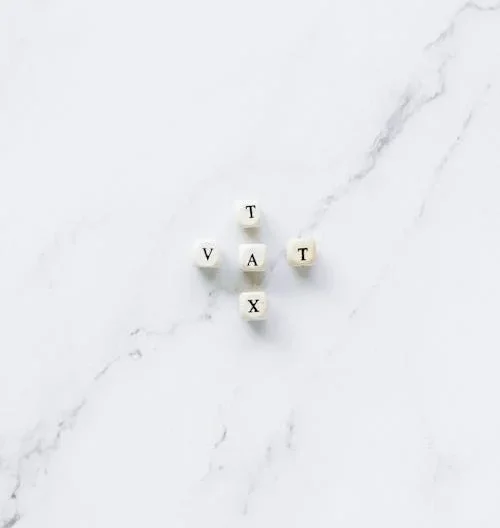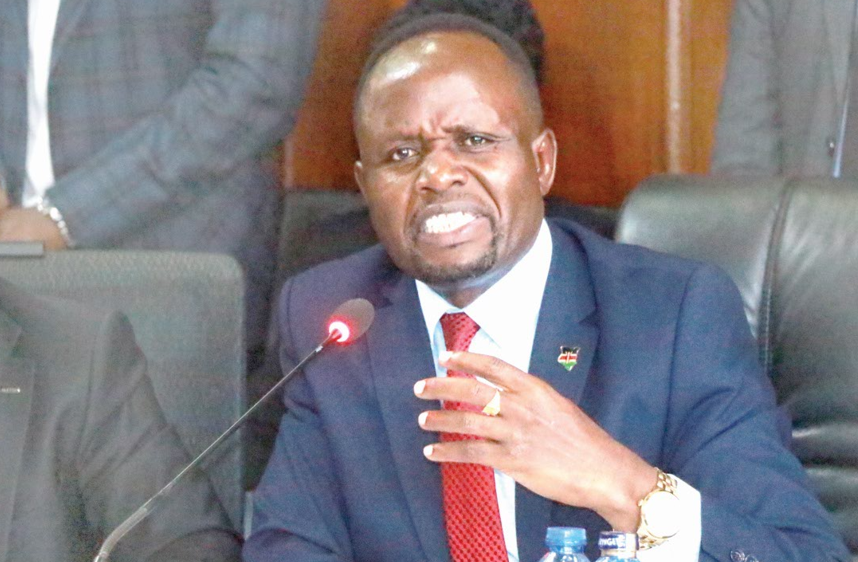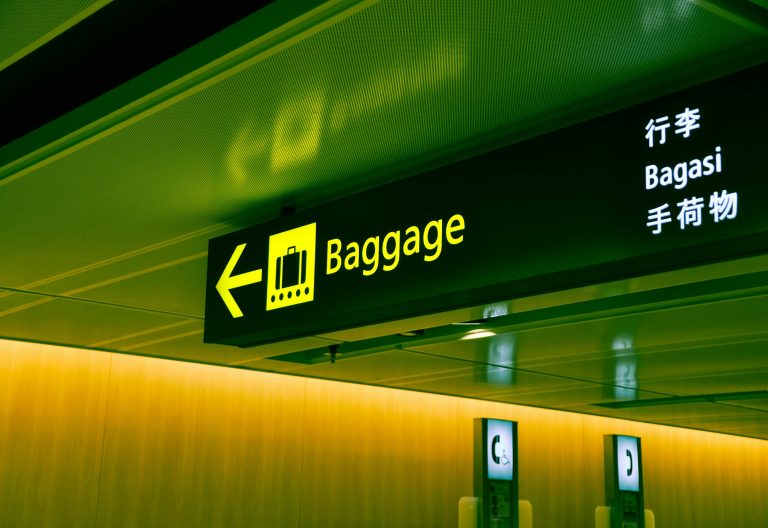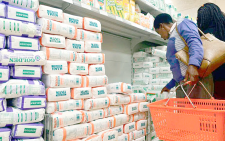State pushes changes to VAT system amid enforcement concerns

The government is pushing significant changes to Kenya’s VAT system through the Finance Bill 2025, aiming to clamp down on tax avoidance by targeting the misuse of exempt and zero-rated goods and services.
A new clause, Section 66A, is set to be introduced into the VAT Act, giving the Kenya Revenue Authority (KRA) the power to recover VAT where goods or services acquired under tax-exempt or zero-rated status are later used in ways that do not align with their original intended purpose.
Under the Bill, VAT will be imposed on anyone who imports or buys goods or services that enjoyed favourable VAT treatment, such as medical equipment, agricultural inputs, or educational material,s but then uses them differently from what the exemption or zero-rating was meant for.
Until now, Kenya’s VAT law has limited goods imported under exemptions or zero-rating to specific uses like education, healthcare, or development aid.
If such goods were sold or transferred to non-exempt parties say, a duty-free vehicle sold before the required holding period, the exempt taxes would become due.
Enforcement of these rules has mainly depended on self-regulation and documentation rather than active oversight by KRA.
For instance, duty-free vehicles have logbook restrictions preventing transfer without paying the applicable taxes.
The proposed clause marks a shift towards a more assertive recovery approach, signalling KRA’s intention to actively audit how these goods and services are used in practice.
Goods and services typically zero-rated mean businesses pay no VAT on sales and can reclaim VAT on inputs.
These include exports, maize and wheat flour, educational materials like textbooks, pharmaceutical products and medical devices, and agricultural inputs such as fertilisers and pesticides.
On the other hand, tax-exempt goods and services, where no VAT is charged and input VAT cannot be claimed, cover financial services such as loans, insurance, banking, unprocessed agricultural produce, residential rent, educational and healthcare services, and passenger transport like matatus and buses.
This clawback provision resembles regional tax frameworks, especially the East African Community Customs Management Act (EACCMA), which contains similar rules to recover duties and taxes when exempt goods are misused.
Kenya’s move appears to bring its tax enforcement closer in line with regional standards.
However, tax experts are raising concerns about potential implementation hurdles.
Robert Waruiru, a tax policy consultant, said that although the clause’s principle is familiar, the lack of clear enforcement guidelines could lead to disputes.














